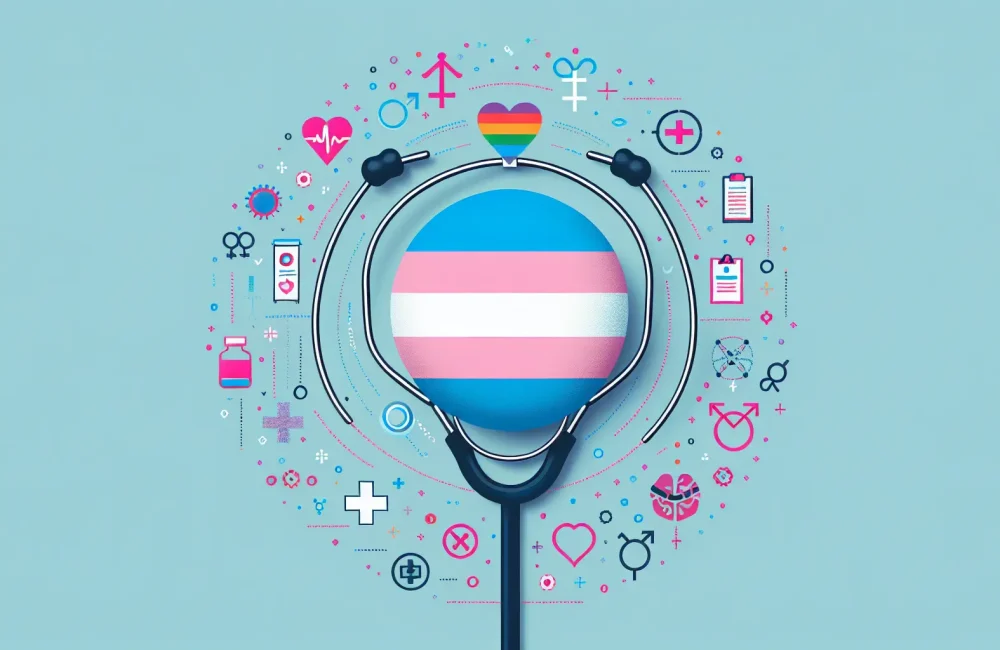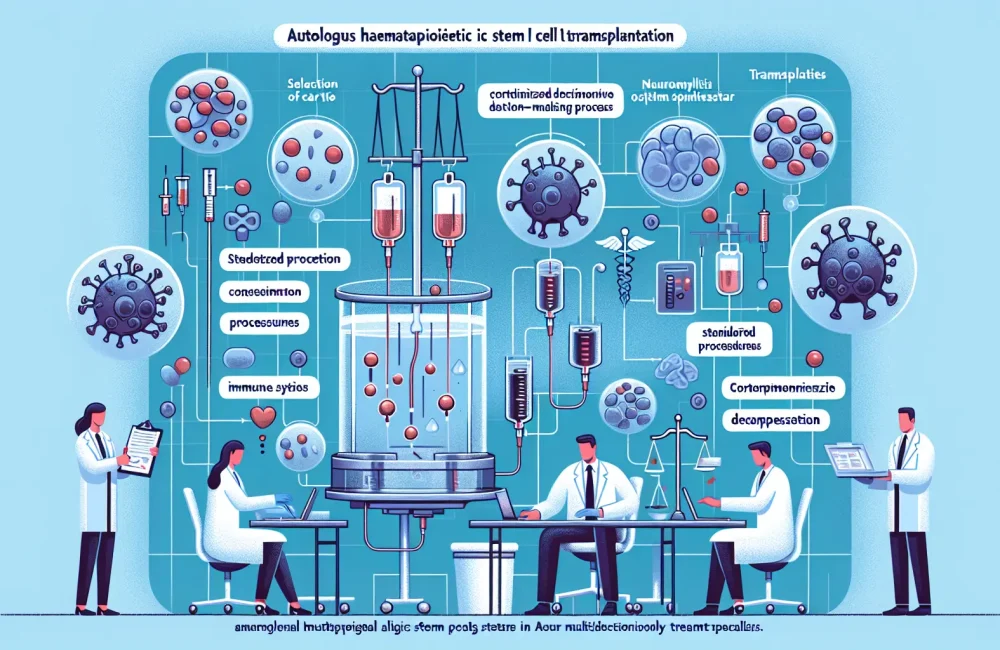By CAFMI AI From Nature Reviews Endocrinology
Comprehensive Gender-Affirming Care for Transgender and Nonbinary Youth
This article highlights a modern, individualized approach to gender healthcare specifically targeting transgender and nonbinary youth. Recognizing that traditional one-size-fits-all methods do not meet the diverse needs of these populations, the review advocates for comprehensive gender-affirming care that integrates both medical and psychological supports. Given the complexity of gender identity, particularly for youth who may identify across a broad spectrum, care plans must be personalized and flexible. Medical interventions such as hormone therapies and surgeries are important components but are not standalone solutions. Instead, they work best within a multidisciplinary framework that addresses mental health, developmental considerations, and social support systems. For clinicians, this means understanding the nuance of gender identity beyond the binary and incorporating these insights into informed consent and treatment decisions. The article reinforces the critical timing of early intervention—acknowledging that when care is initiated at developmentally appropriate stages, youth exhibit improved mental health outcomes and overall well-being.
Challenges and Innovations in Gender-Affirming Care Delivery
This section examines the ongoing challenges faced by transgender and nonbinary youth in accessing gender-affirming healthcare, including significant disparities influenced by socioeconomic status, geography, and systemic biases within healthcare systems. Many youth encounter barriers such as lack of knowledgeable providers, insurance hurdles, and stigma, which impede access to timely and appropriate care. Addressing these gaps requires innovative models of care delivery, such as telehealth consultations, mobile outreach, and community-based programs tailored to underserved populations. Enhancing clinician education and family counseling is paramount to overcome misconceptions and resistance that may hinder supportive environments. Moreover, the article discusses evolving conceptualizations of gender identity that call for flexibility in treatment protocols, notably accommodating nonbinary identities that might not fit traditional binary medical frameworks. This necessitates an individualized approach, respecting youth autonomy and preferences without rigidly adhering to established guidelines alone. Clinicians must navigate these complexities while balancing evidence-based practices with cultural competence and empathy.
Future Directions and Clinical Implications for Practice
Looking ahead, the article strongly advocates for ongoing research, improved education, and advocacy to advance equity and quality in gender healthcare for transgender and nonbinary youth. Emerging studies are essential to evaluate the long-term safety and efficacy of various medical interventions, particularly in younger populations. Expanding the evidence base will inform best practices and guidelines, leading to more precise and individualized treatment algorithms. For primary care providers, incorporating routine screening for gender dysphoria and mental health concerns into adolescent health visits can facilitate early identification and referral. Multidisciplinary teams that include endocrinologists, mental health professionals, social workers, and family counselors represent the gold standard for holistic care. The article also underscores the importance of family and community support, emphasizing counseling strategies to empower families in affirming their children’s gender identity. Clinically, this translates to a comprehensive workflow where interventions are shaped not only by the youth’s clinical presentation but also by psychosocial context and support systems. By adopting flexible, youth-centered care models, clinicians can improve psychological outcomes, reduce minority stress, and contribute to long-term health equity for transgender and nonbinary youth.
Read The Original Publication Here






